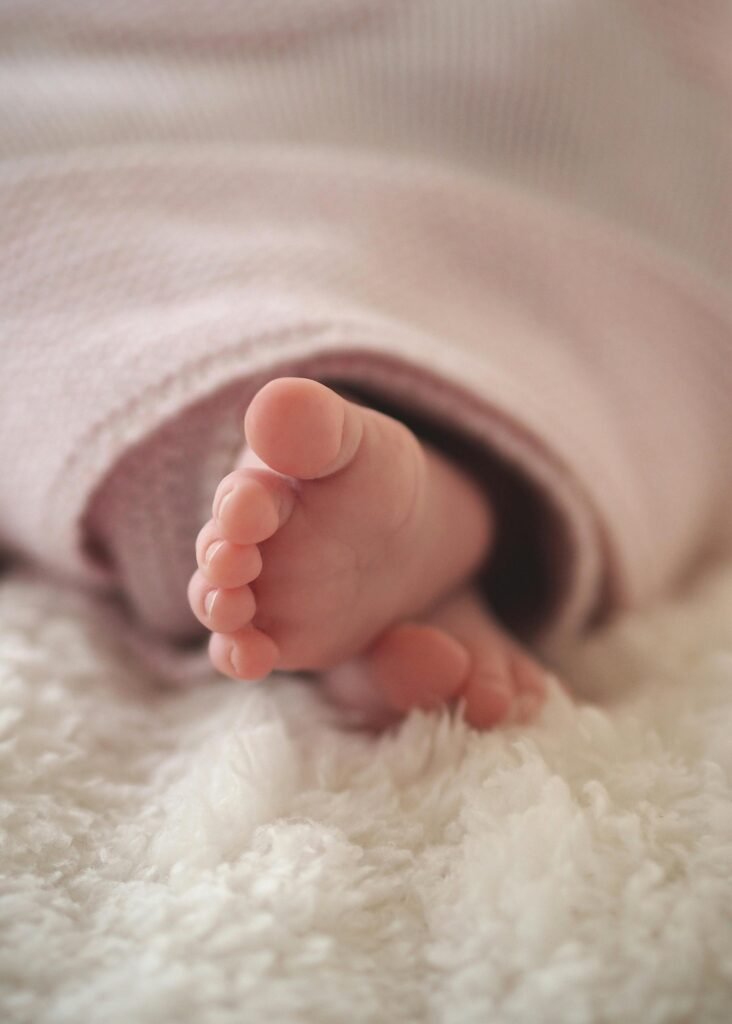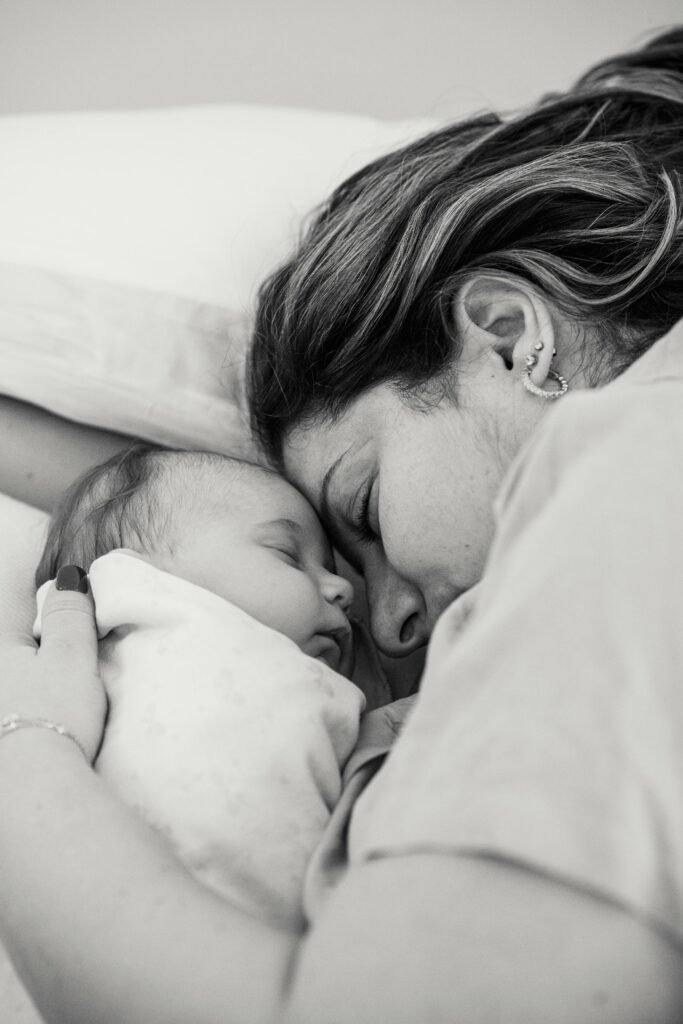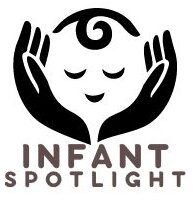In this article, we will explore the signs of dehydration in infants and discuss simple ways to prevent it. As a parent or caregiver, it is essential to be aware of these signs so that you can ensure your little one stays hydrated and healthy. With a friendly tone, we will provide you with valuable information and practical tips to keep your baby well-hydrated. So, let’s get started and become well-equipped in recognizing and preventing dehydration in infants!

Signs of Dehydration in Infants
Dehydration can be a serious concern for infants, as they are more susceptible to its effects due to their smaller size and inability to communicate their needs effectively. It is important for parents and caregivers to be aware of the signs of dehydration so that prompt action can be taken. Here are some key signs to look out for:
Decreased urine output
One of the first signs of dehydration in infants is a noticeable decrease in urine output. If you notice that your baby’s diapers are consistently dry or significantly less wet than usual, this could indicate a problem. Pay attention to the frequency and volume of your baby’s urine, as this can provide valuable information about their hydration status.
Dry mouth and tongue
Another telltale sign of dehydration is a dry mouth and tongue. You may notice that your baby’s lips appear cracked or that their tongue feels dry to the touch. These symptoms occur because the body is not receiving enough fluids to maintain proper moisture levels. If your baby’s mouth seems unusually dry, it could be a sign that they are becoming dehydrated.
Sunken eyes
Sunken eyes are a visual indicator of dehydration in infants. When a baby is properly hydrated, their eyes should appear bright and full. However, when dehydration sets in, the tissues surrounding the eyes can become depleted of fluids, causing the eyes to appear sunken or hollow. This is an important sign to watch out for, as it can be a clear indication that your baby is dehydrated.
No tears when crying
Babies produce tears when they cry as a natural response to discomfort or distress. However, if your baby is dehydrated, they may not have enough fluids in their body to produce tears. This can be a worrisome sign, as it suggests that your baby’s body lacks the necessary moisture to function properly. If you notice that your baby is crying without tears, it is essential to address their hydration needs promptly.
Decreased energy and responsiveness
Dehydration can cause decreased energy levels and a lack of responsiveness in infants. If your baby appears unusually lethargic or uninterested in their surroundings, it could be a sign that they are becoming dehydrated. Dehydration affects the body’s ability to carry out normal functions, which can lead to a noticeable decrease in your baby’s activity level and responsiveness.
Dry skin
Dry skin is another common sign of dehydration in infants. When the body is lacking sufficient fluids, the skin can become dry, tight, or flaky. You may notice that your baby’s skin feels rough to the touch, or that their cheeks, forehead, or scalp appear visibly dry. It is important to monitor your baby’s skin condition, as it can provide valuable insights into their hydration status.
Irritability and fussiness
Dehydration can cause irritability and fussiness in infants. If your baby is unusually cranky, restless, or difficult to soothe, it is important to consider their hydration needs. When the body is dehydrated, it can disrupt normal physiological processes and contribute to feelings of discomfort and irritability. Pay attention to your baby’s overall mood and behavior, as it can be a telling sign of their hydration status.
Excessive sleepiness
While it is normal for infants to sleep for extended periods, excessive sleepiness can be a sign of dehydration. When a baby’s body lacks sufficient fluids, it can cause them to become lethargic and excessively sleepy. If you notice that your baby is sleeping significantly more than usual and is difficult to wake up, it is important to assess their hydration needs.
Fontanelle (soft spot) on the head is sunken
The fontanelle, or soft spot, on an infant’s head can provide important information about their hydration status. When a baby is dehydrated, the fontanelle may appear sunken or depressed. This occurs because there is a lack of fluids surrounding the brain, causing the soft spot to appear more prominent. If you notice that your baby’s fontanelle is sunken, it is crucial to address their hydration needs promptly.

Prevention of Dehydration in Infants
Preventing dehydration in infants is essential for their overall health and well-being. Here are some preventive measures that parents and caregivers can take to ensure their baby stays hydrated:
Ensure adequate fluid intake
Providing your baby with adequate fluid intake is one of the most effective ways to prevent dehydration. For infants who are breastfeeding, it is important to feed on demand and allow your baby to nurse whenever they show signs of hunger. Breast milk is a great source of hydration and contains essential nutrients that support your baby’s overall well-being.
Offer regular formula or water feeds
If you are formula-feeding your baby, it is important to offer regular feeds throughout the day to ensure proper hydration. Follow the guidance provided by your healthcare professional on the appropriate amount and frequency of formula feeds for your baby’s age. Additionally, after your baby reaches the age of six months, you can introduce small amounts of water to keep them hydrated, especially during hot weather or in case of illness.
Avoid prolonged exposure to heat
Excessive heat can increase the risk of dehydration in infants. It is important to avoid exposing your baby to extreme heat for prolonged periods. If you are outdoors on hot days, provide shade or use umbrellas to protect your baby from direct sunlight. Additionally, be mindful of the temperature inside your home and ensure it is adequately cooled during hot weather.
Dress infants appropriately for the weather
Proper clothing is crucial in maintaining your baby’s hydration levels. Dress your baby in breathable fabrics that are appropriate for the weather conditions to prevent overheating. During hot weather, opt for lighter, loose-fitting clothing that allows air circulation. Additionally, consider using a fan or air conditioner to keep the air around your baby cool and comfortable.
Monitor urine output
Regularly monitoring your baby’s urine output can help you assess their hydration status. Pay attention to the frequency and volume of your baby’s urine. A general rule of thumb is that your baby should have at least six wet diapers a day. If you notice a decrease in urine output or a significant change in its color or odor, it is important to consult your healthcare professional.
Provide oral rehydration solutions if recommended by a healthcare professional
In cases where your baby has moderate to severe dehydration or is experiencing vomiting or diarrhea, your healthcare professional may recommend oral rehydration solutions. These solutions contain the right balance of fluids and electrolytes to help replenish your baby’s hydration levels. It is important to follow the instructions provided by your healthcare professional and administer the solution as directed.
Seek medical attention for persistent vomiting or diarrhea
Persistent vomiting or diarrhea can quickly lead to dehydration in infants. If your baby is experiencing these symptoms, it is important to seek medical attention promptly. Your healthcare professional can assess your baby’s condition and provide appropriate treatment to prevent dehydration.
Avoid giving sugary or caffeinated beverages
It is important to avoid giving infants sugary or caffeinated beverages, as they can contribute to dehydration. Water, breast milk, or formula are the best choices for maintaining your baby’s hydration levels. If your baby is older and has started consuming solid foods, you can also offer them small amounts of water or diluted fruit juices under the guidance of your healthcare professional.
Educate caregivers about the signs of dehydration and its prevention
Lastly, it is important to educate caregivers, including grandparents, babysitters, and other family members, about the signs of dehydration in infants and how to prevent it. Ensure that everyone involved in the care of your baby understands the importance of adequate fluid intake, proper clothing, and monitoring your baby’s hydration status. By working together, you can create a supportive environment that prioritizes your baby’s hydration needs.

